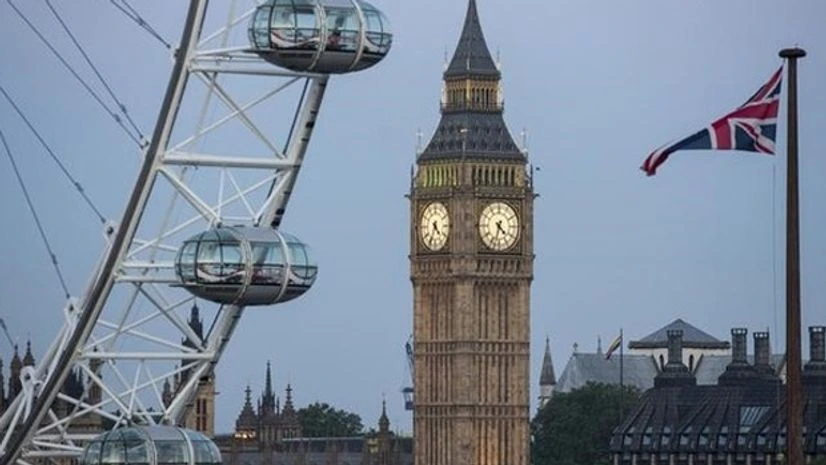Scotland sees its future in the European Union despite Britain's vote to leave, First Minister Nicola Sturgeon said on Friday, raising the spectre of a new Scottish independence vote and the possible dissolution of the United Kingdom.
Scotland voted by a margin of 62% to 38% to remain in the EU in a referendum on Thursday that put it sharply at odds with Britain as a whole, which voted 52% to 48% to leave.
"Scotland has delivered a strong, unequivocal vote to remain in the EU, and I welcome that endorsement of our European status," said First Minister and Scottish National Party (SNP) leader Sturgeon.
Former first minister Alex Salmond explicitly said Scotland is now likely to push for a second independence referendum after the conditions spelled out in the Scottish National Party (SNP) manifesto before reelection in May appeared to have been met.
One key reason Scots rejected independence in a referendum almost three years ago was because independence meant leaving the EU too. After Thursday's vote, the question is whether some Scots who wavered but eventually voted to stick with the UK in 2014, may now prefer to join the secessionists
Splitting Scotland from the UK would end three centuries of shared history, upending another successful economic relationship shortly after the now-impending divorce between Britain and the EU.
Most voters in Northern Ireland also voted to remain and Irish nationalist leaders there called for a poll on leaving the United Kingdom and uniting with Ireland.
More From This Section
Calling a new Scottish vote would not be quick or simple and the SNP, marked by caution since Sturgeon took over as leader, would want to first ensure a new vote could be won.
Where the last Scottish independence campaign fell down is considered to be the economic argument; a new Scotland was then projected to stick with its old currency, the pound, and was underpinned by an oil price then over $100 but which is now roughly a half of that level.
Sturgeon would have to build a robust economic independence strategy to convince those emotionally persuaded in 2014 but not economically so.
She would also have to make sure that the maelstrom around Britain's EU exit does not sweep away some of the support the SNP currently has.
There are other big factors hindering a divorce. One may be fears that a lightweight EU, without Britain, is a less attractive partner for Scotland, which sends two thirds of its output to the rest of the UK.
Another rests on concerns about what a border between England and Scotland would do to both security and the economy.
"It could be that in the panic that ensues after a British exit, some people might want to stick with what we still have," said a lawmaker from the SNP, speaking on condition of anonymity.
Polls do not indicate that support for secession has changed much since 2014, but there are several other factors, beyond leaving the EU, which mean that could change.
The biggest is Sturgeon herself, a skilled politician, highly rated by both political friends and foes.
With approval ratings of 60% among Scots according to pollster Yougov, she is a convincing messenger for independence which she told Reuters last week she "desperately" wants.

)
